Governance and Civics Worksheets for Ages 3-9
51 filtered results
-
From - To
Explore our engaging Governance and Civics Worksheets designed for ages 3-9! These interactive resources introduce young learners to essential concepts of community and citizenship in a fun and approachable way. Perfect for both classroom and home learning, our worksheets cover fundamental topics such as rules, responsibilities, and the importance of voting. With colorful visuals and easy-to-follow activities, children will develop a foundational understanding of how communities function and their roles as responsible citizens. Encourage critical thinking and nurture civic awareness in your little ones with our comprehensive collection of worksheets, tailored to inspire curiosity and creativity in learning about governance.
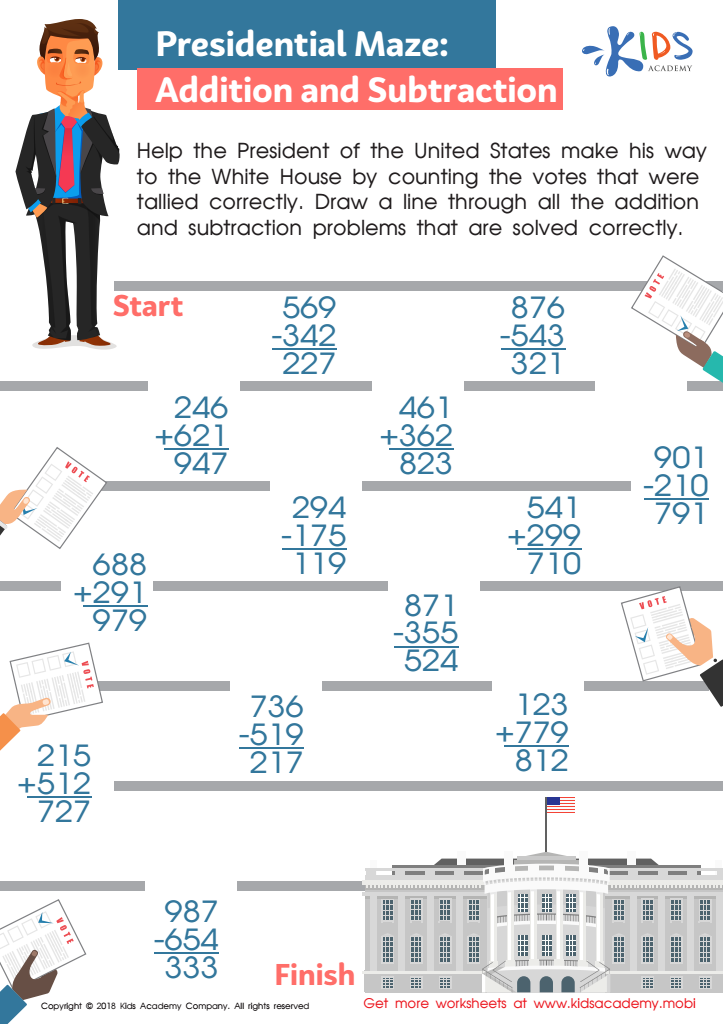

Presidential Maze: Addition and Subtraction Worksheet


The Constitution Worksheet


Bill of Rights Worksheet


White House Worksheet
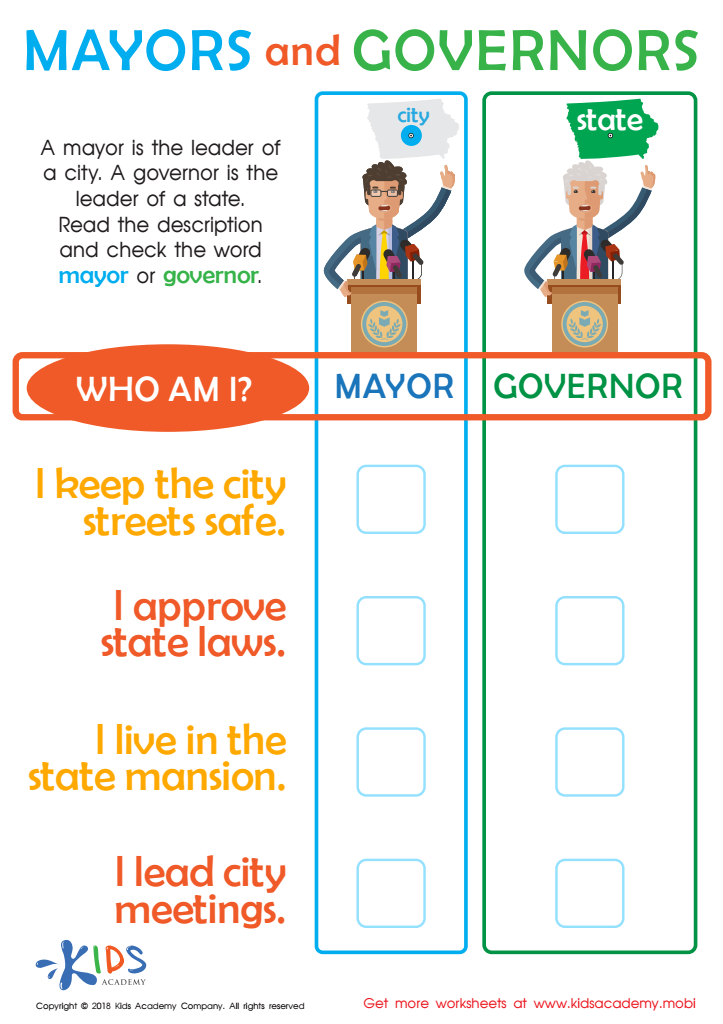

Mayors and Governors Worksheet
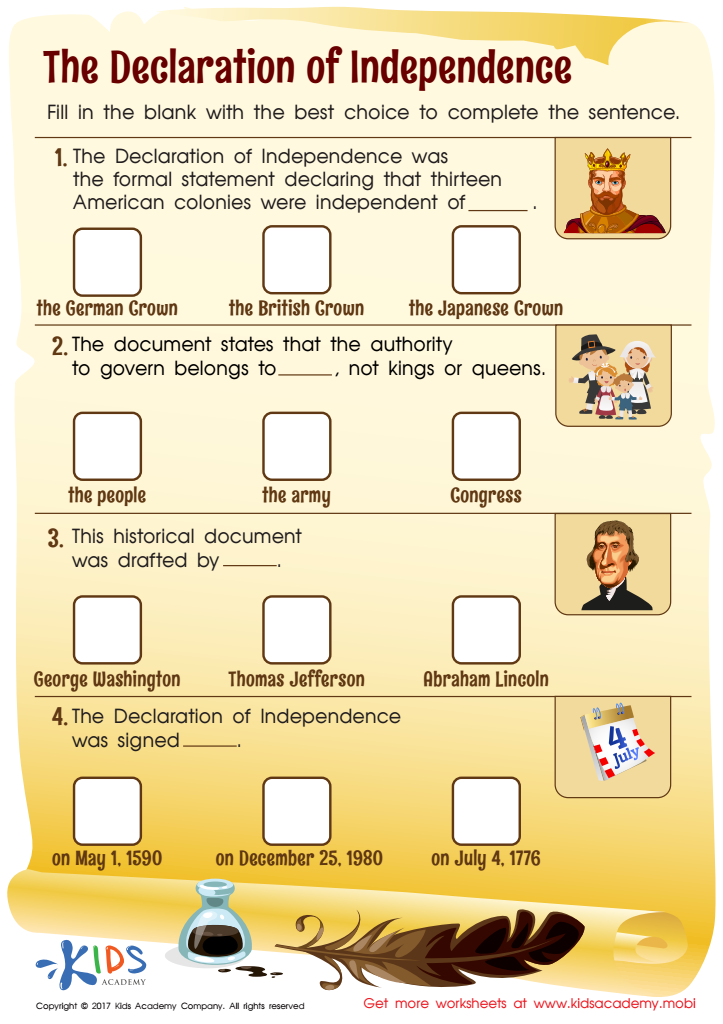

Declaration of Independence Worksheet
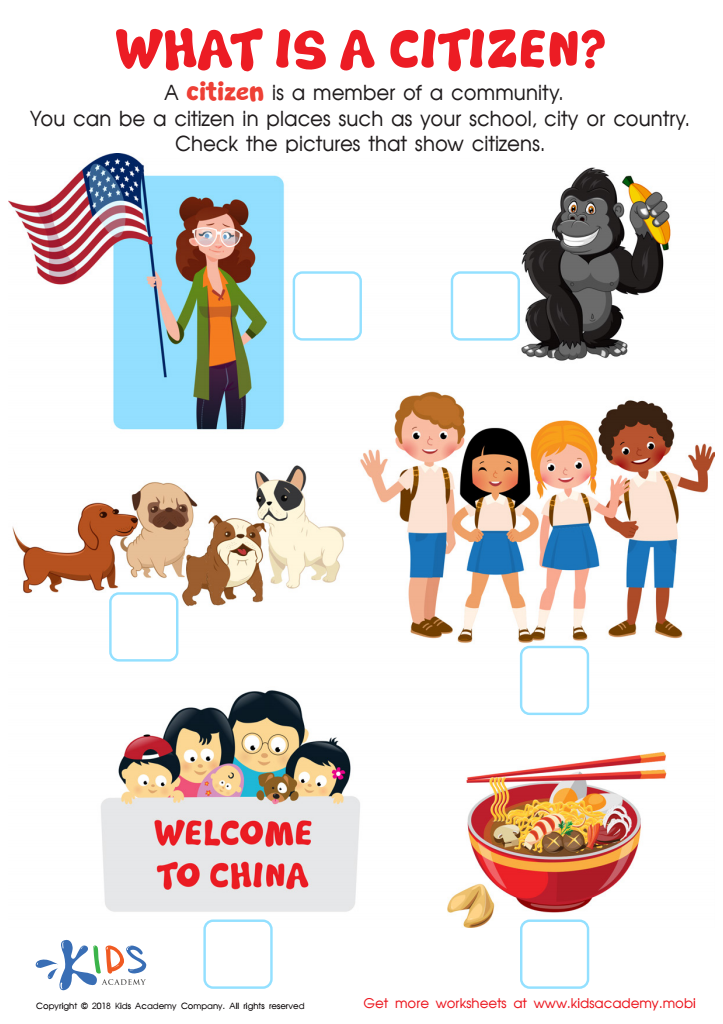

What is a Citizen? Worksheet
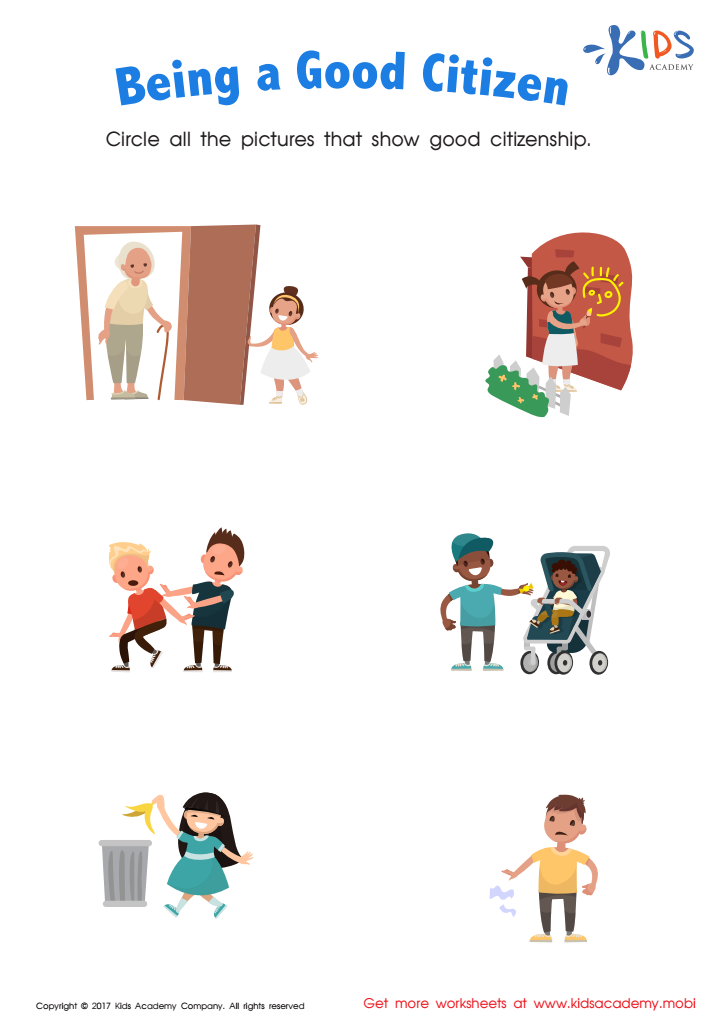

Being a Good Citizen Printable
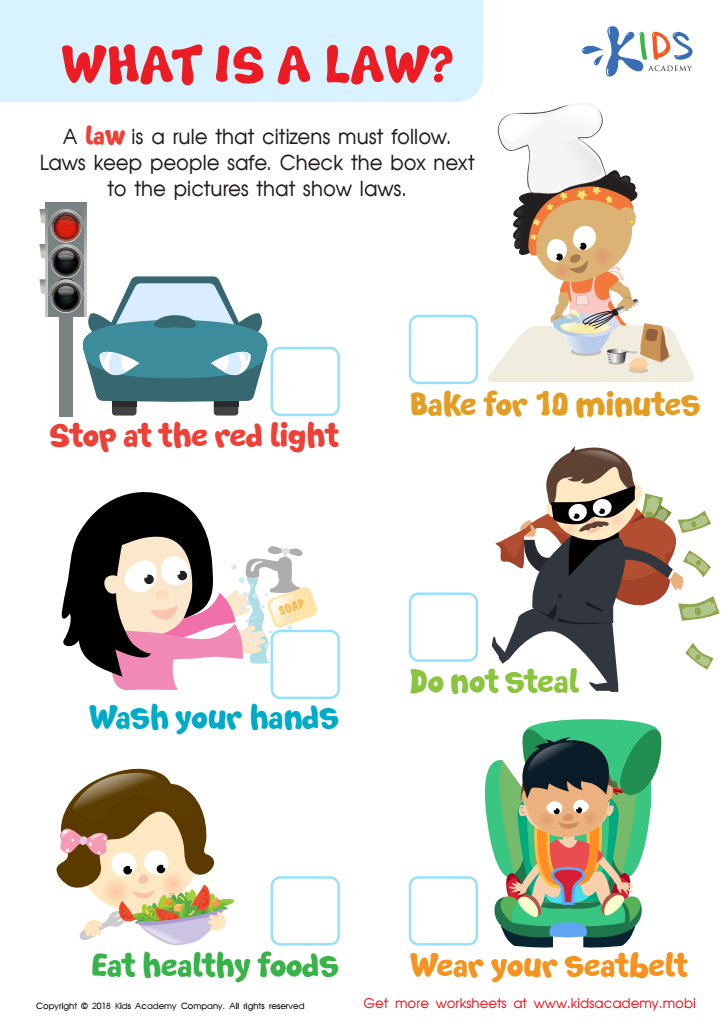

What is a Law? Worksheet
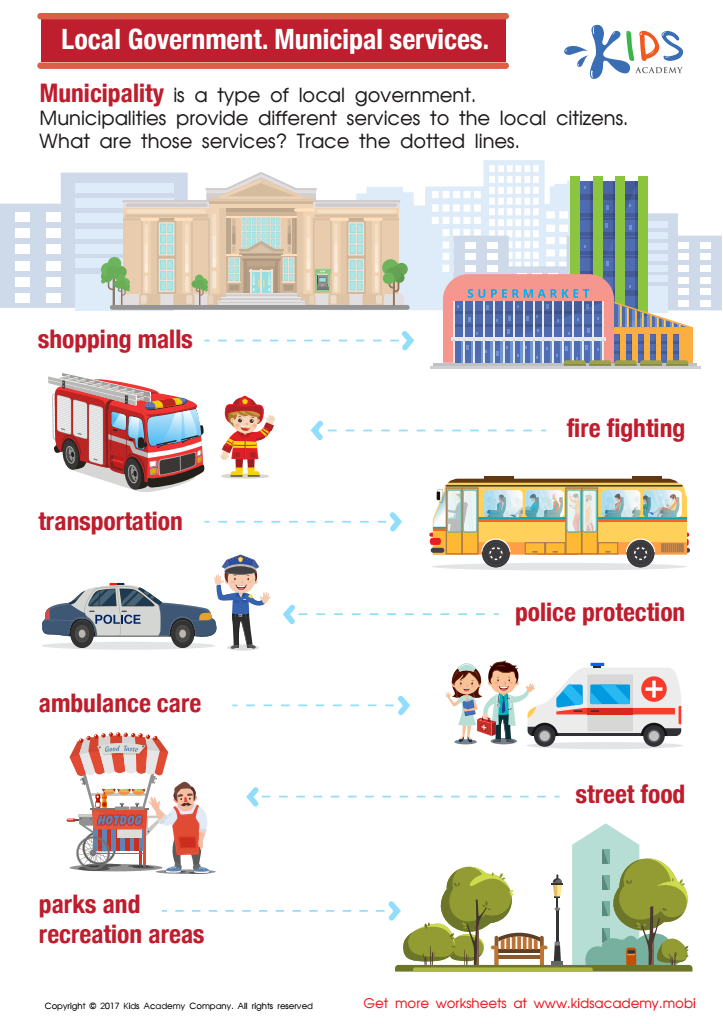

Local Government Worksheet
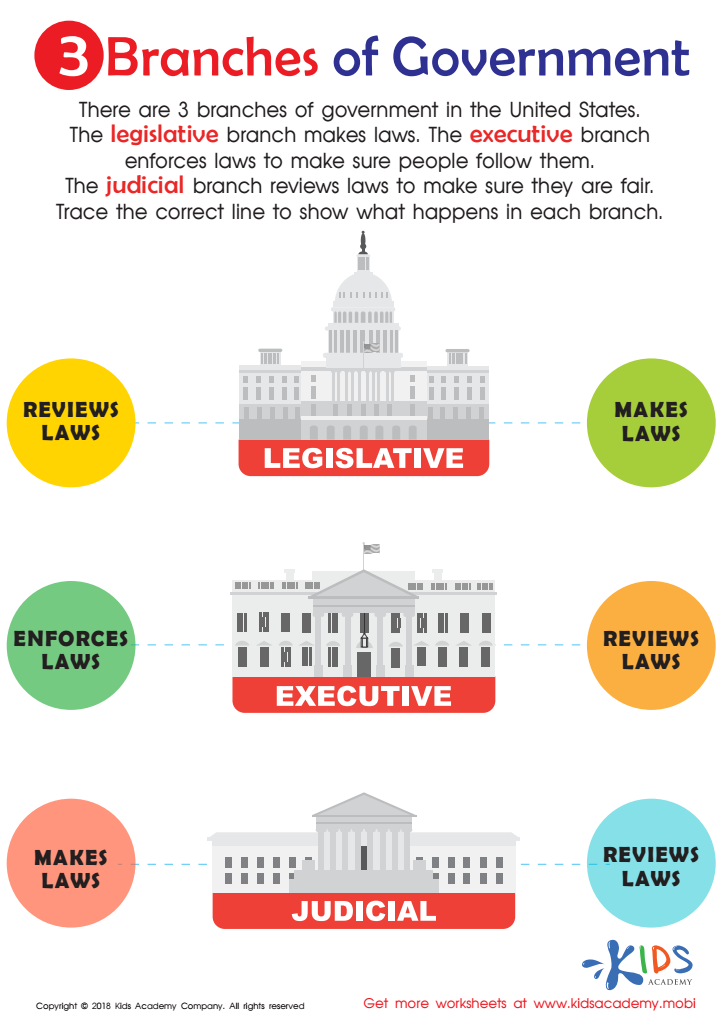

3 Branches of Government Worksheet
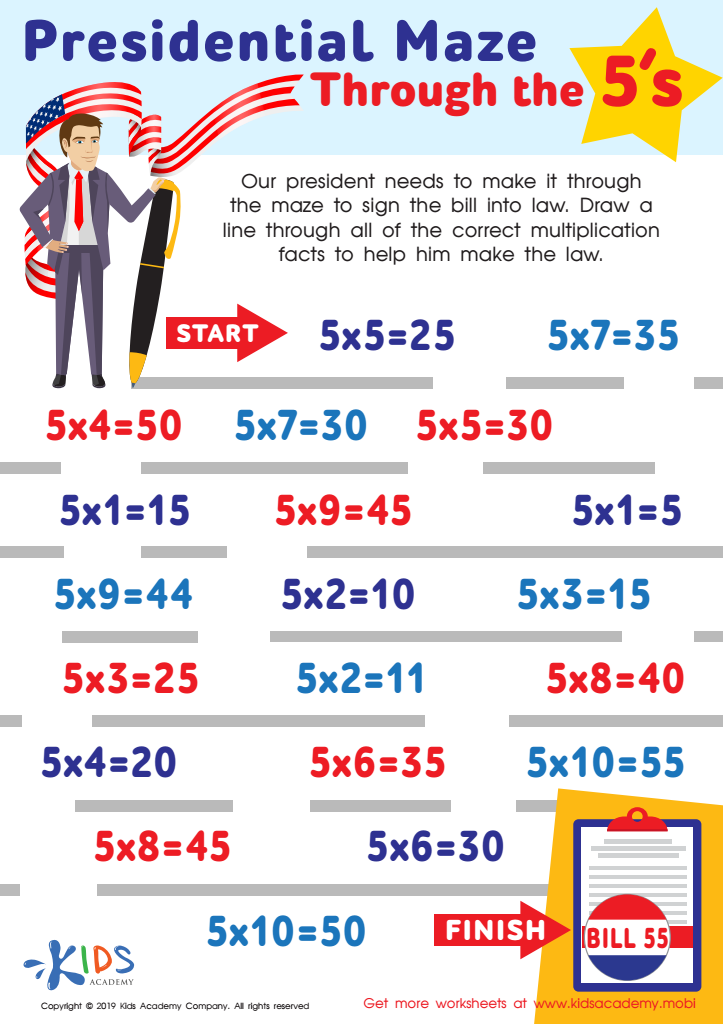

Presidential Maze Through the 5’s Worksheet
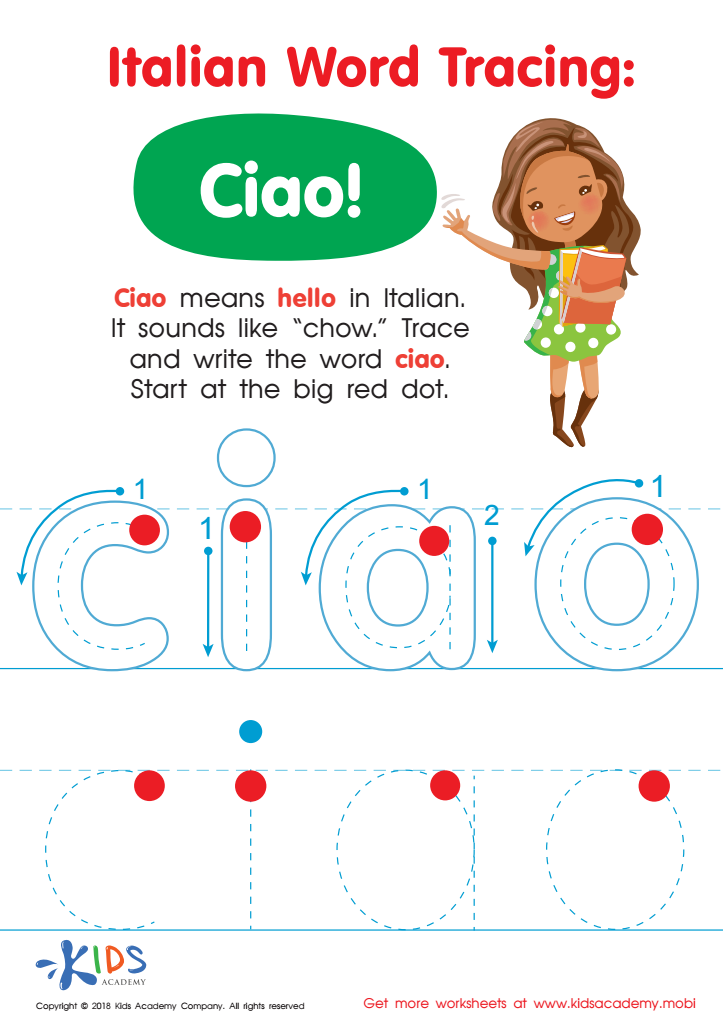

Italian Word Tracing: Ciao Worksheet
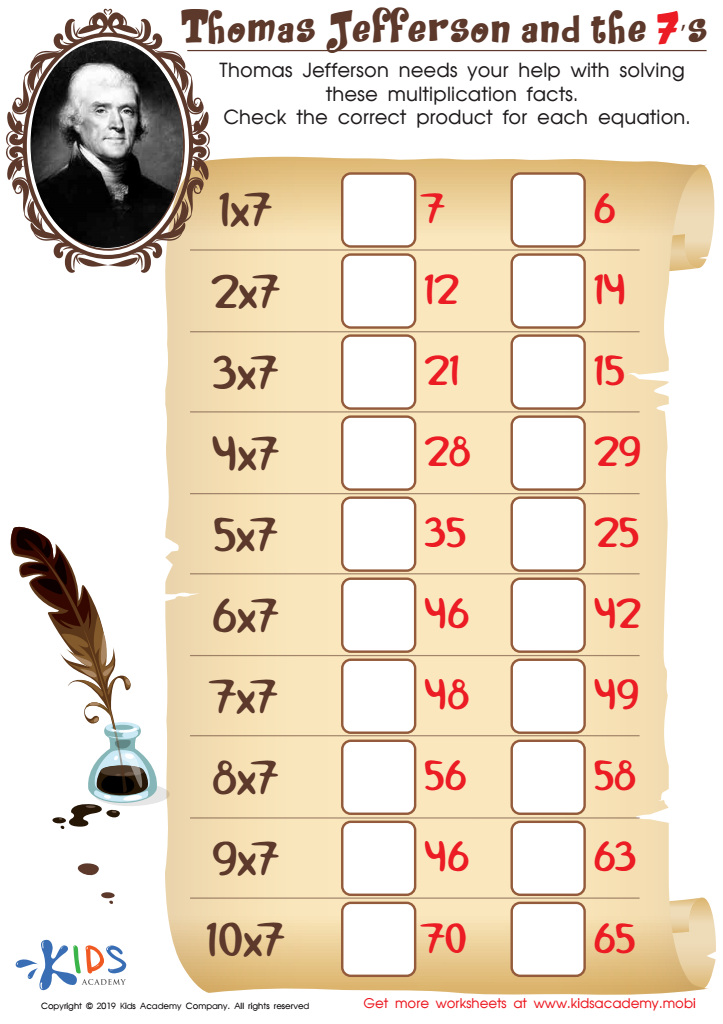

Thomas Jefferson and the 7’s Worksheet


French Word Tracing: Bonjour Worksheet
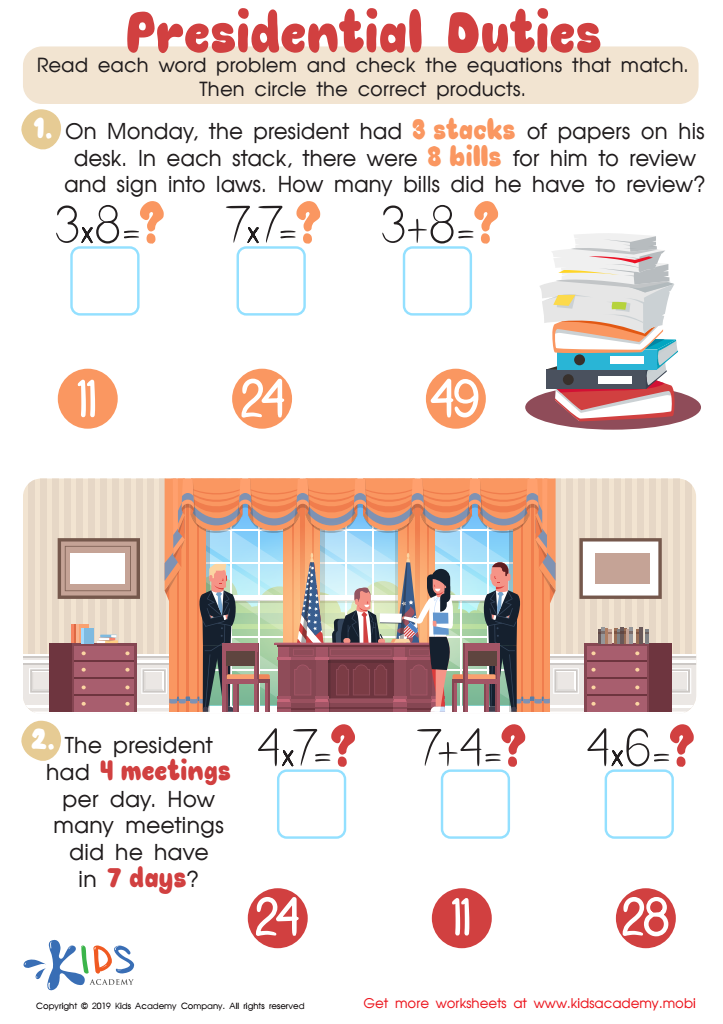

Presidential Duties Worksheet
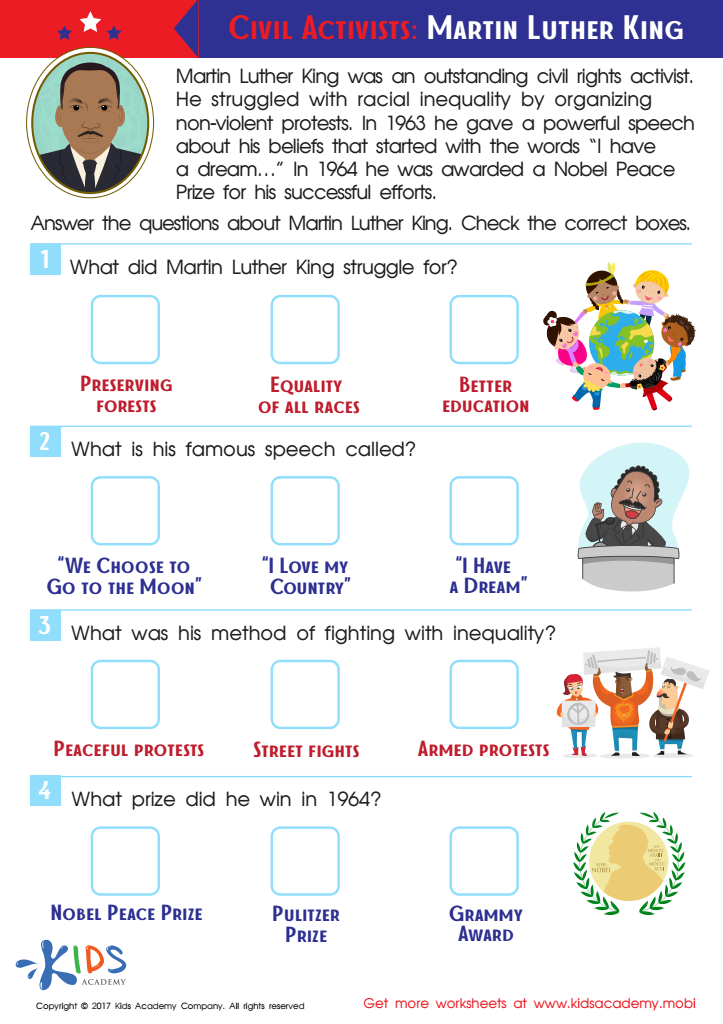

Martin Luther King Worksheet
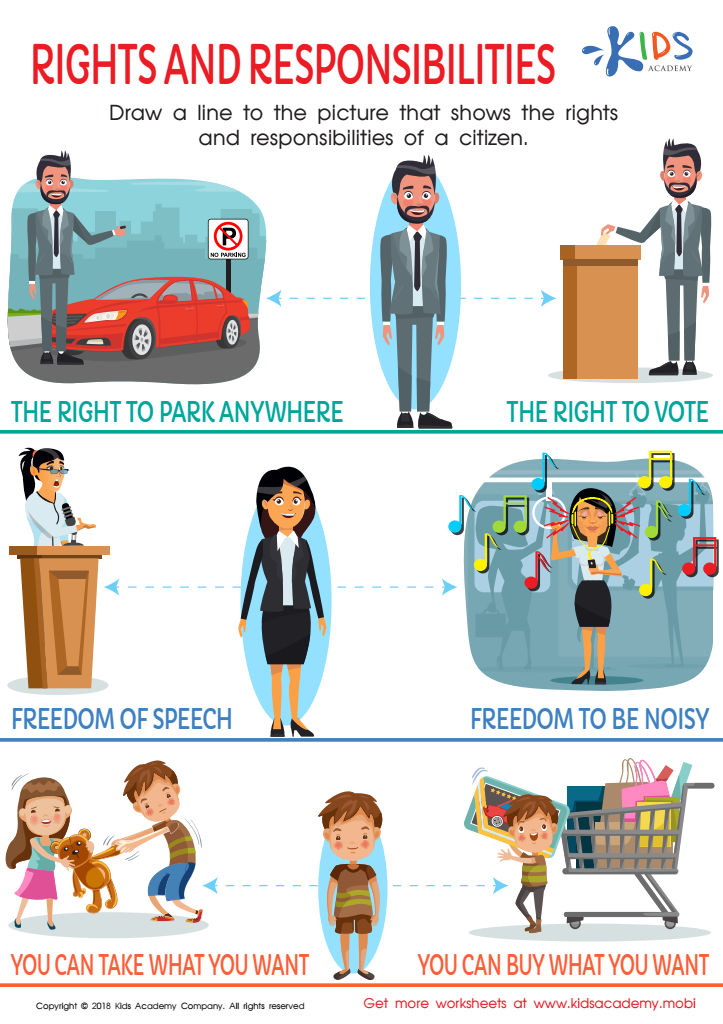

Rights and Responsibilities Worksheet
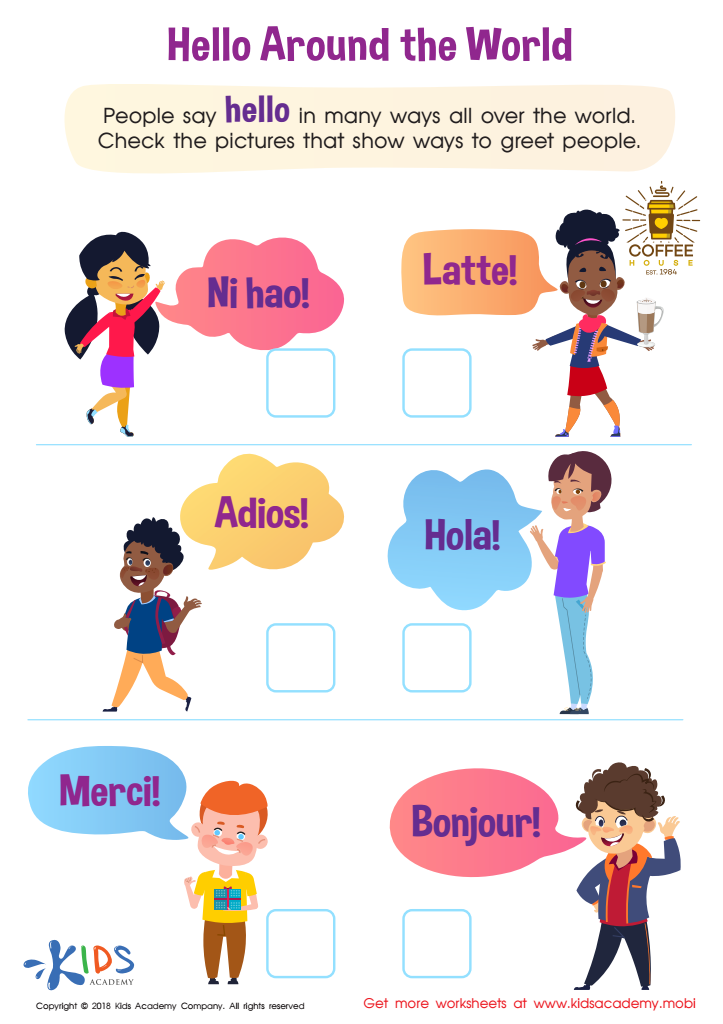

Hello Around the World Worksheet
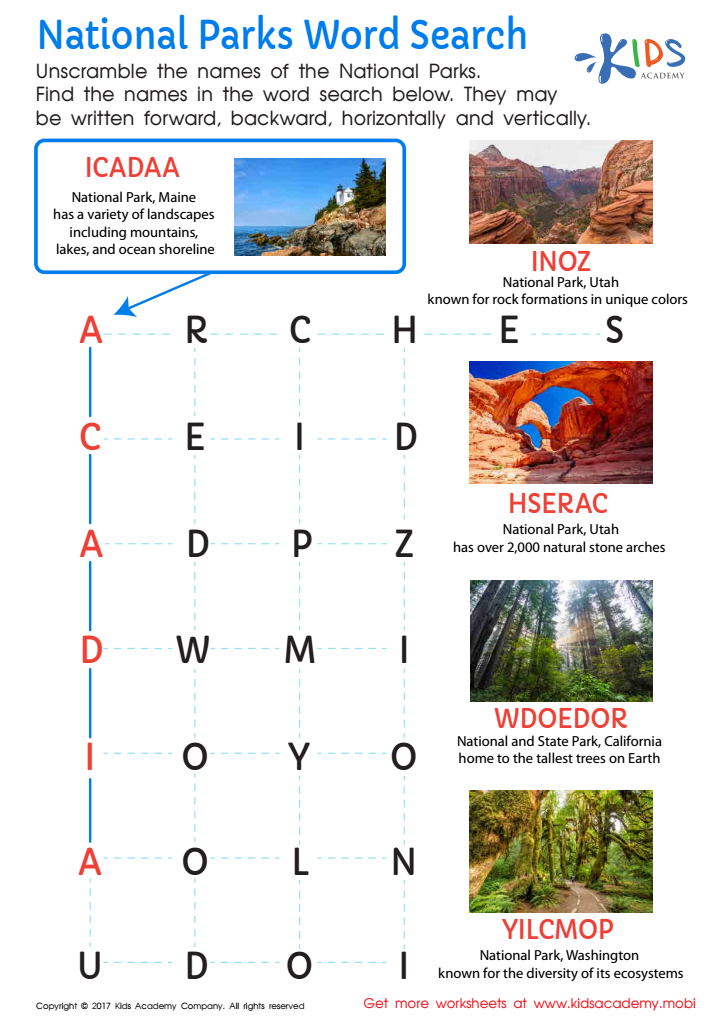

National Parks Word Search Worksheet
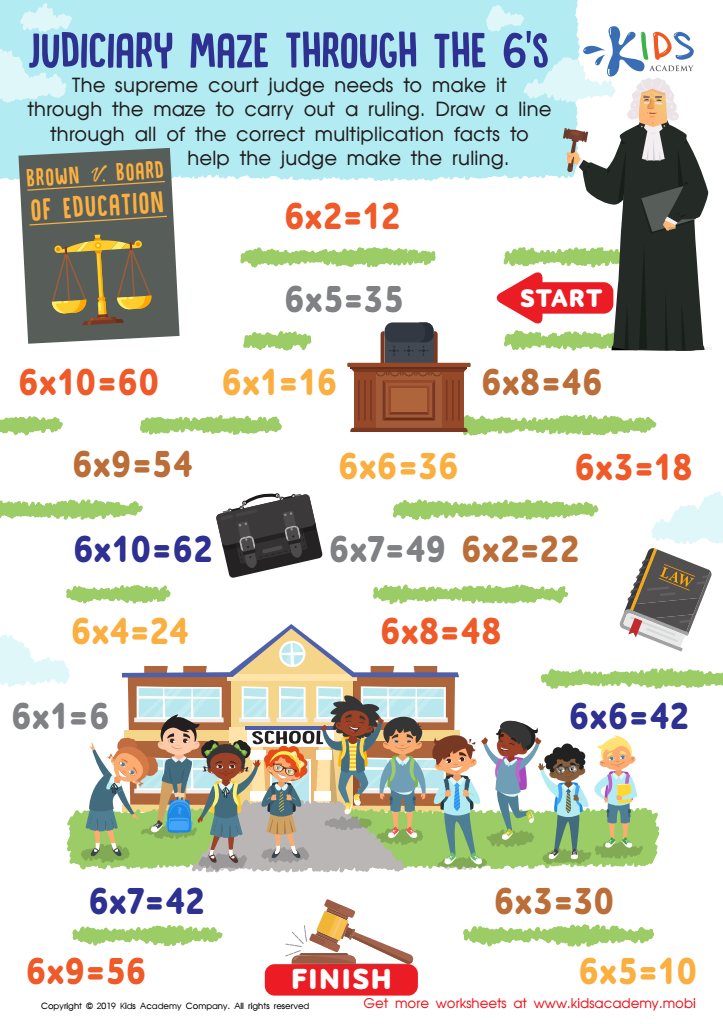

Judiciary Maze Through The 6’s Worksheet
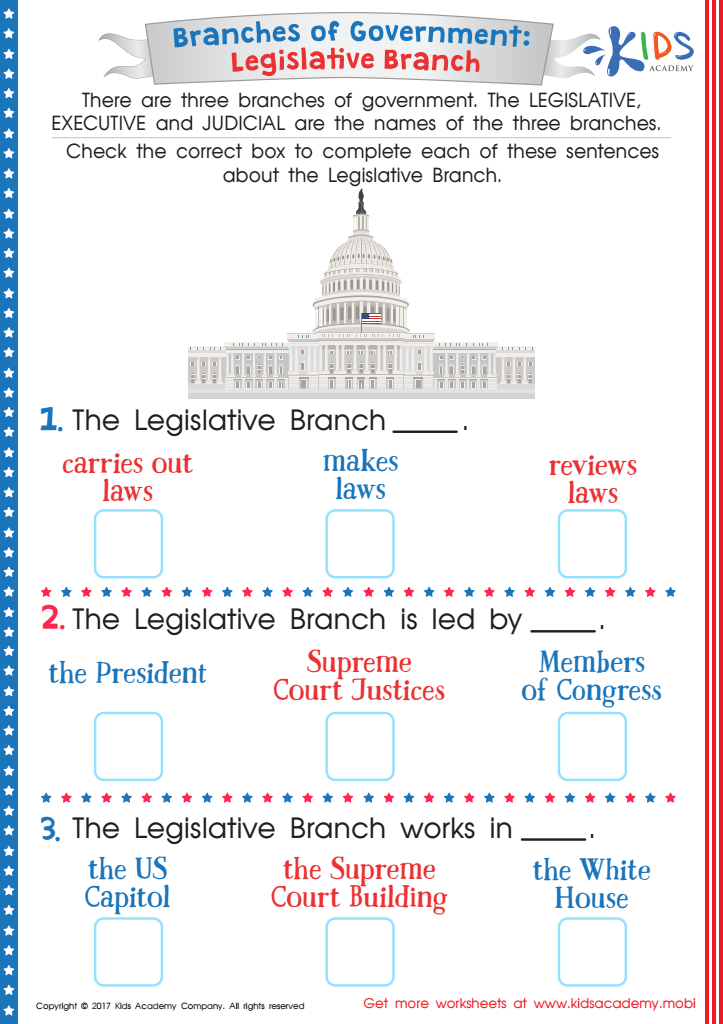

Branches of the Government: Legislative Branch Worksheet


The Presidential Symbol Worksheet
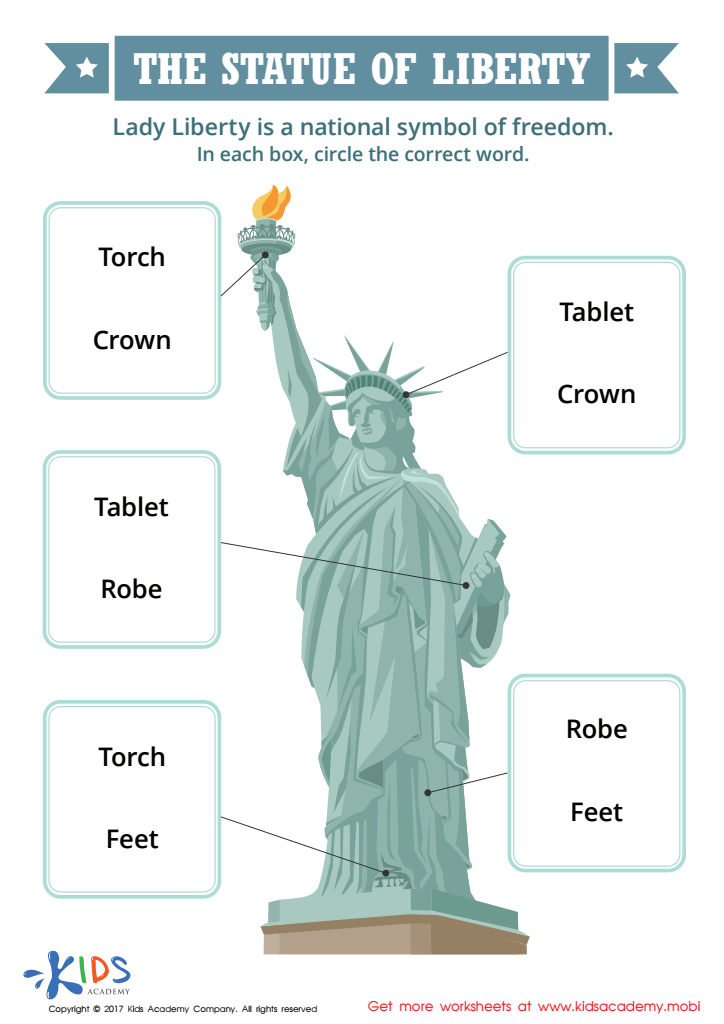

The Statue of Liberty Printable
Teaching governance and civics to children aged 3-9 lays the foundation for informed, responsible citizenship as they grow. At this stage of development, children are remarkably impressionable and curious about the world around them. Educating them about governance nurtures critical thinking skills, encouraging them to ask questions about fairness, rules, and the roles of leaders in their communities.
By instilling values of respect, cooperation, and empathy early on, parents and teachers can empower children to understand the importance of community. Engaging them in discussions about rules—simple ones, like those established in classrooms or homes—helps children grasp concepts of justice and cooperation while fostering a sense of belonging.
Moreover, including civics in early education promotes self-worth and personal agency. Children learn that their voices matter and that they can contribute positively to society. Interaction through group play, community service, and role-playing exercises can further enhance their comprehension of civic responsibilities.
As these young minds develop, the principles of governance and civics can become integral to their identities, helping them evolve into active, caring citizens who understand the importance of participation, equity, and the impact of collective choices in their communities.
 Assign to My Students
Assign to My Students









